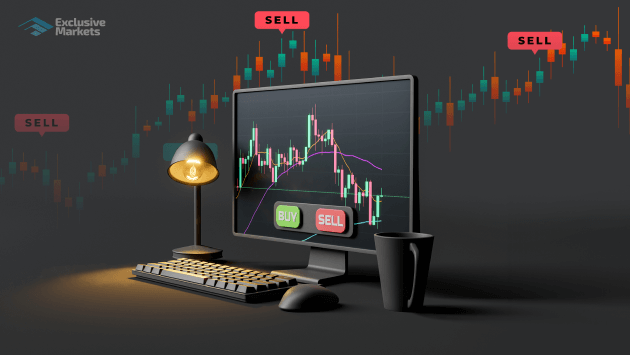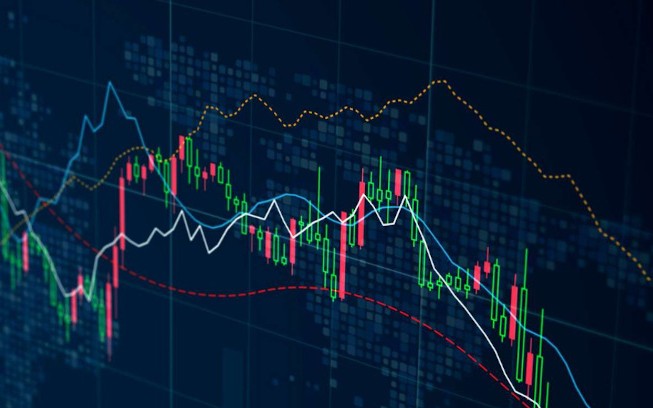
Understanding Forex Trading Regulations
The world of forex trading offers immense opportunities for profit but comes with significant risks. As such, regulatory frameworks are essential for establishing a safe trading environment. Traders, both novice and experienced, must understand these regulations to navigate the forex market effectively. To enhance your trading experience, consider using forex trading regulations Forex Trading Apps that adhere to the prevailing regulations.
The Importance of Forex Trading Regulations
Forex trading regulations are put in place to protect traders and ensure a fair trading environment. They serve several key purposes:
- Consumer Protection: Regulations help safeguard traders from fraud and malpractice. They ensure that brokers operate transparently and responsibly.
- Market Integrity: By requiring brokers to adhere to specific standards, regulations maintain the integrity of the forex market, promoting fair competition.
- Stability: Well-regulated markets are less prone to manipulation and volatility, providing a safer environment for traders.
- Investor Confidence: Knowing that their broker is regulated gives traders more confidence to invest their money.
Major Regulatory Bodies in Forex Trading

Different regions have various regulatory bodies focusing on forex trading. Here are some of the most prominent ones:
- The U.S. Commodity Futures Trading Commission (CFTC): The CFTC regulates forex trading in the United States, ensuring that all firms comply with federal laws.
- The Financial Industry Regulatory Authority (FINRA): While FINRA primarily oversees broker-dealers, it ensures that firms dealing in forex adhere to industry standards, promoting ethical behavior.
- The European Securities and Markets Authority (ESMA): ESMA has implemented stringent regulations for forex brokers in Europe, including leverage restrictions and negative balance protection.
- The Australian Securities and Investments Commission (ASIC): ASIC regulates the forex market in Australia and is known for its strict enforcement of trading guidelines.
- The Financial Conduct Authority (FCA) in the UK: The FCA is responsible for regulating brokers in the UK, ensuring they meet high standards of conduct and transparency.
Types of Forex Regulations
Forex regulations can be categorized into several types, each focusing on a different aspect of trading:
- Capital Requirements: Many regulatory bodies require brokers to maintain minimum capital thresholds, ensuring they have sufficient funds to cover clients’ trades and losses.
- Segregation of Funds: Regulations often mandate that brokers keep their clients’ funds in separate accounts, protecting them in case of bankruptcy.
- Reporting Requirements: Brokers are usually required to report trading activity and maintain transparent records to regulators.
- Leverage Restrictions: Some authorities limit the amount of leverage brokers can offer, mitigating risks for inexperienced traders.
- Anti-Money Laundering (AML) Regulations: Brokers must comply with AML regulations to prevent illegal activities and ensure the integrity of the market.
Global Regulation Variance
Regulations vary significantly across countries, influencing how forex trading operates globally. For instance, while the U.S. has stringent regulations to protect traders, some regions may have more relaxed rules that can lead to increased risks:
- In some countries, brokers may not be required to maintain minimum capital, potentially jeopardizing clients’ investments.
- Variations in leverage limits can present different risk profiles. For example, European regulations limit leverage to a maximum of 30:1 for retail clients, while some offshore brokers may offer as much as 1000:1.
- The degree of regulatory enforcement varies. Some regulatory bodies, such as the FCA and ASIC, are known for their active surveillance and strict penalties for non-compliance, while others may not enforce regulations as rigorously.

How to Choose a Regulated Broker
Choosing a forex broker that is properly regulated is crucial for a successful trading experience. Here are some tips to help you make an informed decision:
- Check for Regulation: Always verify if the broker is regulated by a recognized authority. A legitimate website should display its regulatory license numbers and information.
- Read Reviews: Research online reviews and forums to garner experiences from other traders. Look for feedback on the broker’s reliability and transparency.
- Understand Fees: Different brokers have different commission structures, spreads, and fees. Ensure that you understand all costs involved before opening an account.
- Assess Trading Conditions: Consider the trading platform, available tools, and customer service quality to ensure it meets your trading needs.
Conclusion
Navigating the forex market requires a solid understanding of trading regulations that govern the industry. By choosing a broker that complies with local and international regulations, traders can protect their investments and enhance their trading experiences. As the forex market continues to evolve, staying informed about regulations and market trends is essential for anyone looking to succeed in this fast-paced environment.
Further Resources
For those seeking to deepen their knowledge of forex trading and regulations, consider utilizing various educational resources, such as trading seminars, webinars, and online courses that cover the legal landscape of forex trading. Always stay updated on any changes in regulations, as this can significantly impact trading strategies and broker viability.

